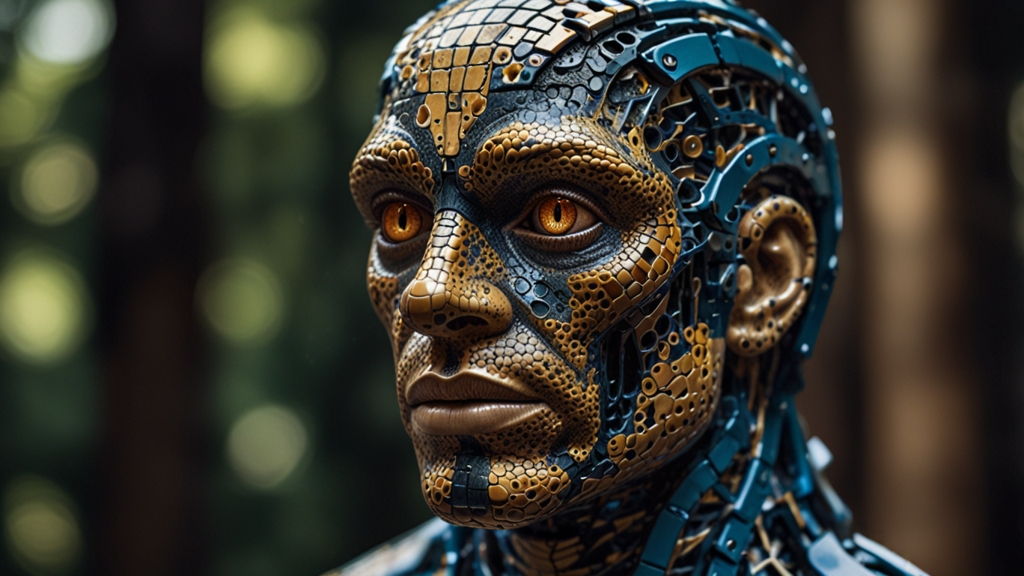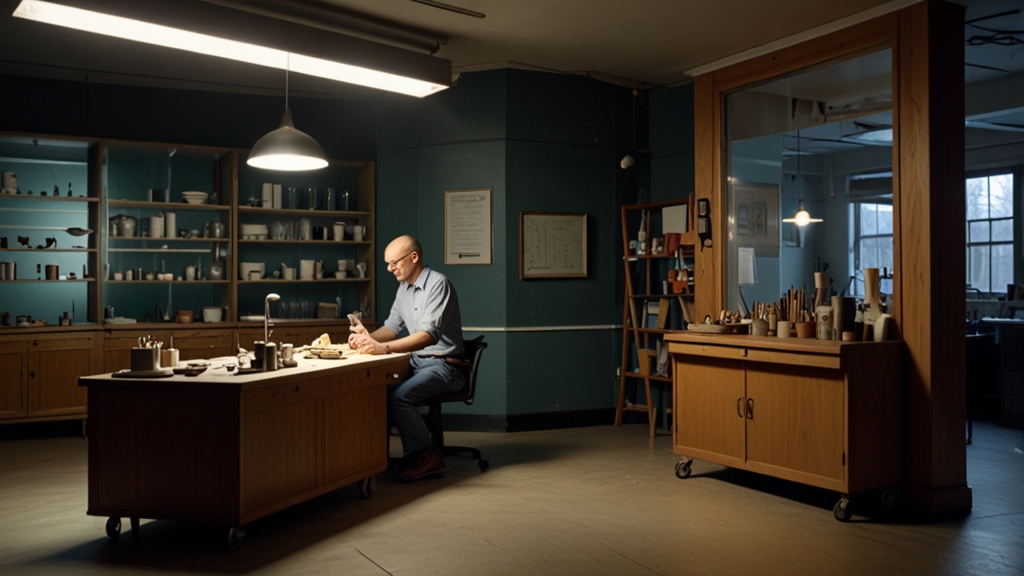Mystifying Riddles That Will Leave You Stunned
Throughout history, riddles have been more than just simple challenges. They serve as enigmatic puzzles that tease our minds, urging us to think beyond the obvious. From ancient civilizations to modern-day brain teasers, riddles have fascinated people of all ages. They are much more than mere wordplay; these conundrums train the brain and fire up our intellectual curiosity. Let’s dive into the world of mystifying riddles that will leave you stunned.
The Ancient Art of Riddling
The tradition of riddling dates back thousands of years, traversing cultures and continents. The ancient Greeks, for instance, used riddles as a form of entertainment and mental exercise. The sphinx in Greek mythology is perhaps one of the most famous riddle-keepers, posing the riddle of the ages: "What walks on four legs in the morning, two legs at noon, and three legs in the evening?" This timeless riddle challenges the listener to think abstractly about human life stages.
"What walks on four legs in the morning, two legs at noon, and three legs in the evening?" — Riddle of the Sphinx
Modern Mind-Bogglers
Riddles have evolved over time, becoming more intricate and varied. Today, they range from simple puzzles to complex paradoxes. One of the popular modern riddles that many find perplexing is:
"I speak without a mouth and hear without ears. I have no body, but I come alive with the wind. What am I?"
When you first hear this riddle, it seems almost supernatural. The answer, surprisingly, is something quite common: an echo. This is a classic example of a riddle that forces you to think differently, breaking away from conventional thinking patterns.
Mathematical Mysteries
Some riddles double as mathematical problems, requiring keen logical reasoning and numerical wizardry. A fascinating example is the following number-based riddle:
"I am an odd number. Take away one letter and I become even. What number am I?"
The answer here is the number seven. When you remove the "s", the word "even" is left. This riddle cleverly plays with both language and numerical concepts, making it a brain-twister that requires a little ingenuity to solve.
Riddles for All Ages
What makes riddles particularly engaging is that they can be tailored to any age group. Simple, playful riddles are perfect for children, sparking their love for language and problem-solving. An example of a child-friendly riddle is:
"What has keys but can’t open locks?"
The answer is a piano, a riddle that blends a child's understanding of objects with wordplay. For adults, the riddles often get more abstract, requiring a blend of life experience and lateral thinking.
Why Riddles Matter
Riddles are not just entertainment; they are tools for cognitive development. They promote lateral thinking, improve problem-solving skills, and offer a fun way to enhance vocabulary and comprehension. More importantly, they unite people across different cultures and eras, reflecting the universal human delight in mysteries and puzzles.
As technology continues to advance, riddles have found new life in digital formats. Online forums and social media platforms are teeming with riddle challenges that engage a global audience. Even with AI and automation, the human love for complex, thought-provoking puzzles remains ever strong.
So next time you come across a riddle, embrace the challenge. Let it take you on a mental adventure, explore its depths, and enjoy the satisfaction that comes with finally unraveling the mystery. Whether ancient or modern, simple or complex, riddles are an enduring testament to the power and beauty of the human mind.













